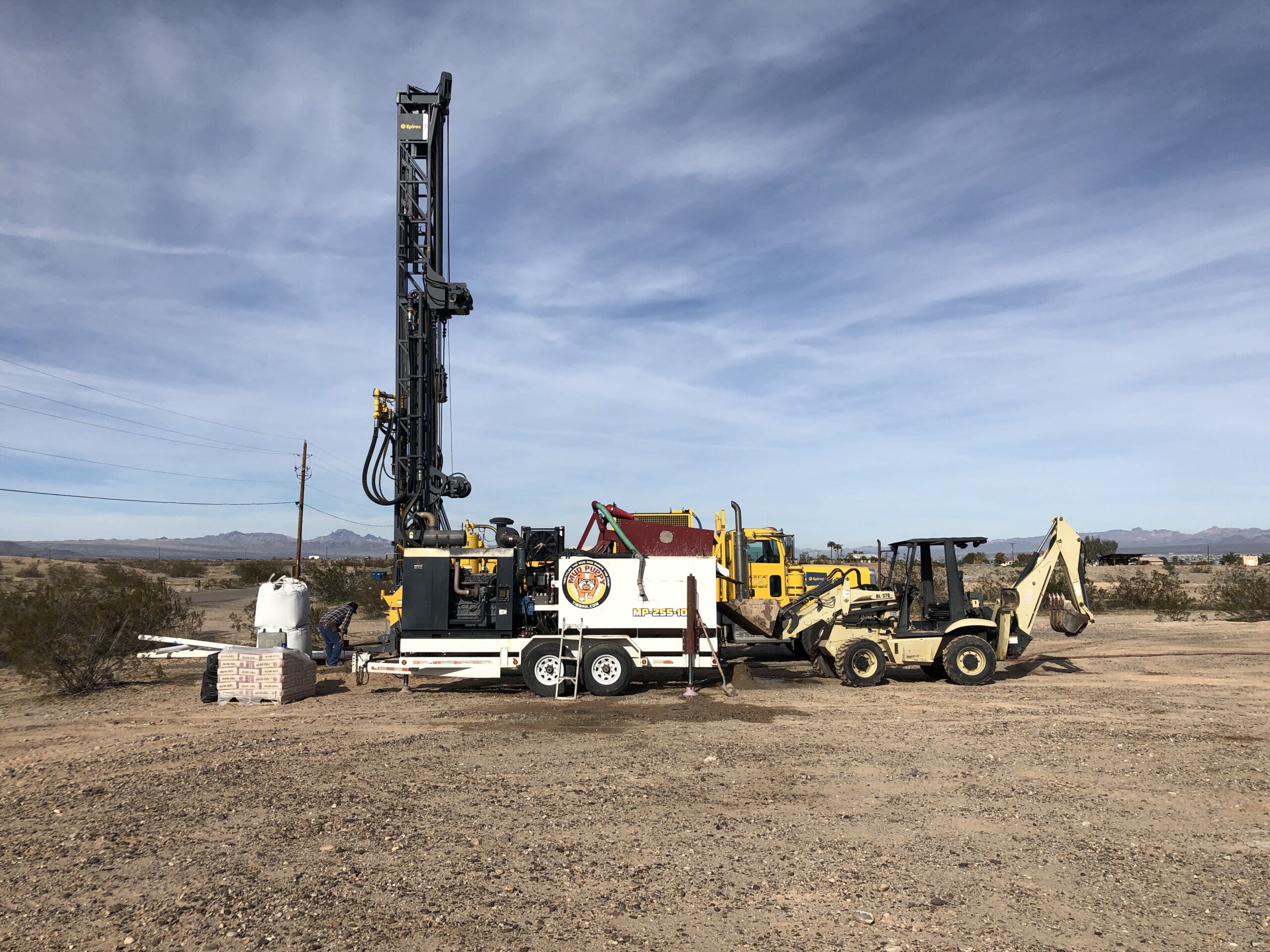New Jersey Water Well Drilling Contractors
Find qualified Water Well Drilling contractors in New Jersey using our contractor lookup tool. Learn more about NGWA Contractor Certifications here.
Jersey Shore Lawn & Sprinkler Inc
Whiting, NJ 08759-3546
United States
J W Jenkins & Sons
Browns Mills, NJ 08015-6809
United States
Pickwick Well Drilling
Farmingdale, NJ 07727-1330
United States
Environmental Tech Drilling Inc
Farmingdale, NJ 07727-3511
United States
Environmental Management Assoc Inc
Farmingdale, NJ 07727
United States
Edward Woolf
Lanoka Harbor, NJ 08734
United States
Edward Woolf
Lanoka Harbor, NJ 08731
United States
Allstar Drilling & Probing LLC
Ocean, NJ 07712-2139
United States
Talon Drilling Co
Trenton, NJ 08618-2304
United States
Robbins Water Service Inc
Shamong, NJ 08088
United States
Enviroprobe Service Inc
Mount Laurel, NJ 08054-9573
United States
Find Water Well Drilling In
Frequently Asked Questions
What is a drilled well?
A drilled well consists of a hole bored (a borehole) into the ground, with the upper part or the entire depth of the well being lined with casing. Drilling is most typically conducted with a portable drilling machine brought to the site to construct the borehole. Various methods are used to advance the borehole to the necessary depth, and to remove formation material loosened and suspended by the drilling bit and fluid circulation or bailing system.
Read moreDoes water well drilling require a license?
In the United States, most states require licensing of water well contractors, and in most cases, this means that licensed contractors have passed tests and met certain professional requirements to obtain their license. Canadian provinces, Australian states, and New Zealand also use qualification-based licensing. To find out if a contractor is licensed, contact your state government (licensing is often handled by the Department of Natural Resources or Department of Health).
Read moreWhat is a Certified Well Driller (CWD)?
The Certified Well Driller (CWD) designation from the National Ground Water Association (NGWA) encompasses general industry knowledge as well as practice and expertise in at least one well drilling method.
To achieve NGWA certification, contractors must pass exams testing their technical knowledge, and they must have at least twenty-four consecutive months of full-time groundwater contracting experience. They maintain their certification by obtaining continuing education credits annually.
Read moreNew Jersey Groundwater and Water Well Statistics
Few states can accurately or confidentially determine how many residential wells are in place. For each region, the American Housing Survey by the U.S. Census provides regional data.
New Jersey is found in the Northeast, along with these other states: Maine, Vermont, New Hampshire, Massachusetts, Connecticut, Rhode Island, New York, New Jersey, and Pennsylvania.
The last American Housing Survey Census indicates this region had 3,210,0002 households served by residential wells, with an average of 2.743 persons per household. The USGS estimates the population of self-supplied water supply users in New Jersey to be 966,000, with 100% of their water supply from groundwater.
- 420 community water systems use groundwater for 2,259,900 people
- 728 non-community, non-transient water systems use groundwater for 347,000 people
- 2,404 non-community, transient water systems use groundwater for 432,600 people
- 2,020 irrigation wells used serving 961 farms and 60,000 acres
Water Well Drilling Articles and Resources
Mud Rotary Drilling Method: What You Need to Know By Gary L. Hix, R.G., CWD/PI There are many different ways to drill a domestic water well. One is what we call the “mud rotary” method. Whether or not this is the desired and/or best method for drilling your well is something more fully explained in this brief summary. Air and water are both fluids […]



